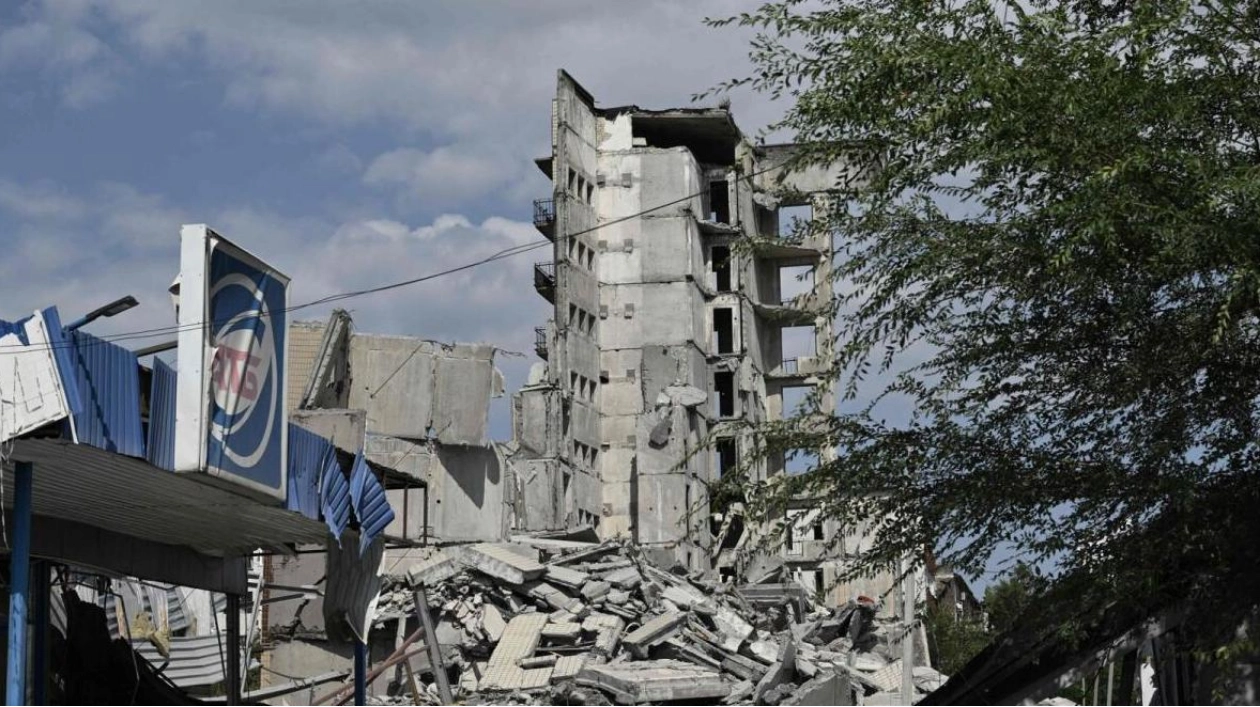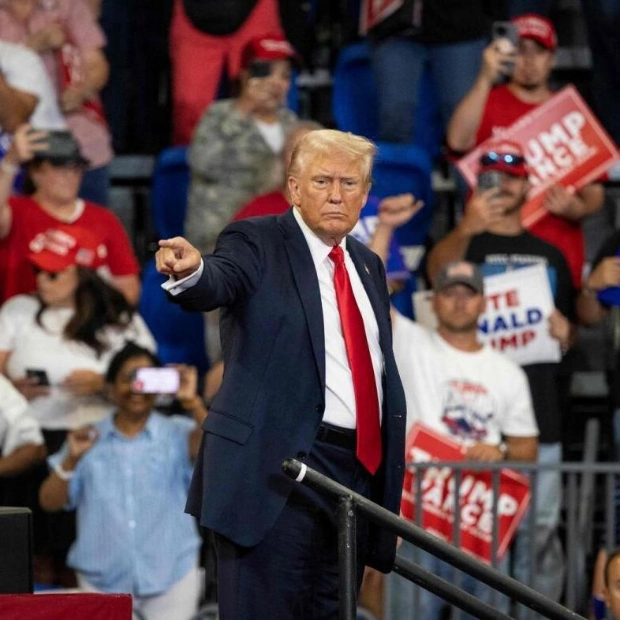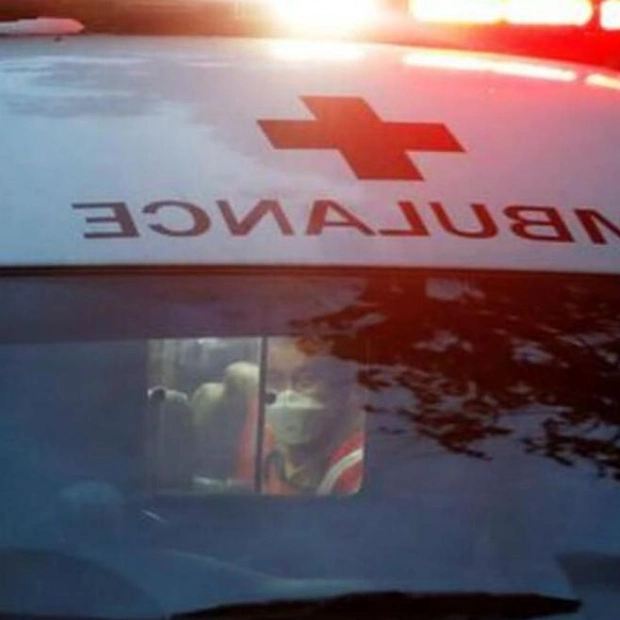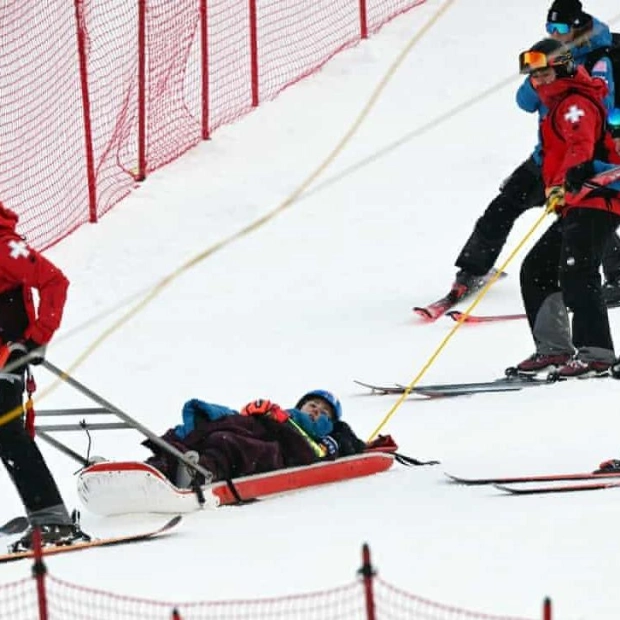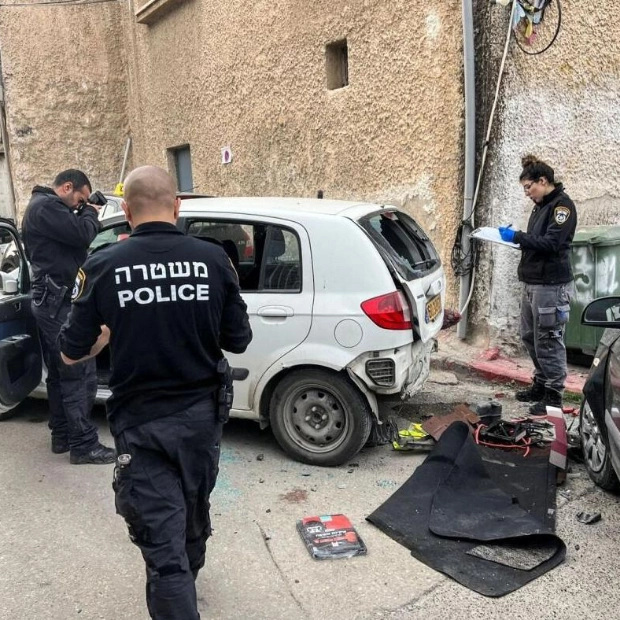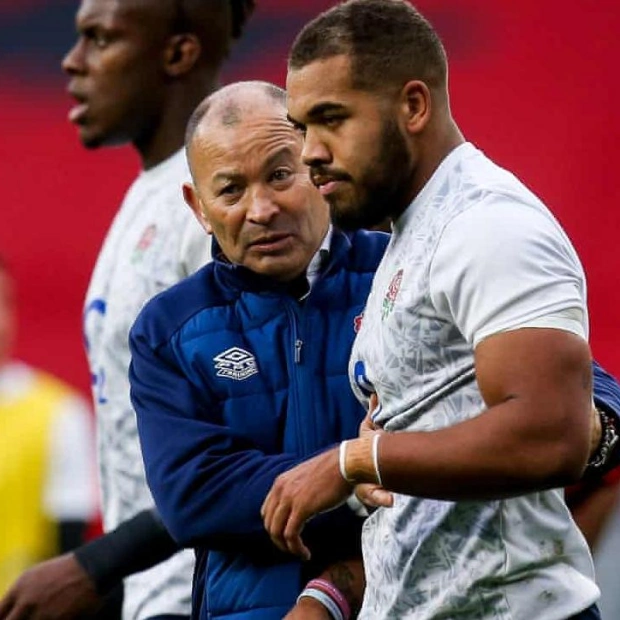Authorities reported on Tuesday that Russia launched a series of attack drones and missiles into Ukraine, resulting in the deaths of at least five individuals. This followed a second consecutive night of intense strikes across the conflict-ridden country. Shortly after the onslaught, Ukraine announced new progress in its unexpected offensive on Russia's Kursk border region, capturing nearly 600 Russian soldiers as prisoners over the past three weeks.
President Volodymyr Zelensky condemned the attacks on social media, stating, "Crimes against humanity cannot be committed with impunity," and confirmed that four people were killed and 16 injured, with one woman succumbing to her injuries later in the hospital. AFP journalists in Kyiv experienced air raid sirens and an explosion, likely from air defense systems, throughout the night.
Monday's attack, one of Moscow's largest ever on Ukraine, led Kyiv to seek permission from its allies to use Western-supplied weapons for strikes deep within Russia. Zelensky revealed in Kyiv that Ukraine had deployed Western-supplied F-16 fighter jets to counter the Russian barrage and successfully tested a domestically-produced ballistic missile.
Local authorities reported that three victims were killed in the southeastern Zaporizhzhia region, and two in the central city of Kryvyi Rig after a missile hit a hotel. This incident followed a similar attack on a Reuters team in Kramatorsk, resulting in a fatality. The Russian attacks caused widespread blackouts and drew condemnation from Ukraine's European and American allies.
Russia claimed the attacks targeted military infrastructure. NATO member Poland reported a potential drone violation of its airspace during the barrage. Since its invasion in February 2022, Russia has consistently launched large-scale drone and missile attacks on Ukraine, particularly targeting energy facilities.
Ukraine's electricity grid operator announced emergency blackouts following the attacks, which damaged energy infrastructure nationwide. Additional civilian casualties were reported in separate attacks in Dnipropetrovsk, Kharkiv, and Kherson regions. Ukrainian forces continued their offensive in Kursk, gaining significant territory in three weeks.
The governor of Russia's Belgorod region, bordering Kursk and Ukraine, acknowledged reports of Ukrainian attempts to cross the border. Zelensky mentioned that Ukraine's August 6 cross-border incursion partially aimed to compensate for its inability to strike deeper into Russian territory. Ukraine's army chief, Oleksandr Syrsky, reported recent gains in Kursk, controlling 100 towns and villages across 1,294 square km, and claimed to have taken 594 prisoners during the incursion.
Despite these gains, Moscow reported capturing the village of Orlivka near the strategic railway hub of Pokrovsk. Zelensky described defending Pokrovsk as challenging, with Ukraine reinforcing its positions as Russian forces advanced. This week, AFP journalists observed civilians evacuating Pokrovsk by train, carrying their belongings and pets in a state of panic.
